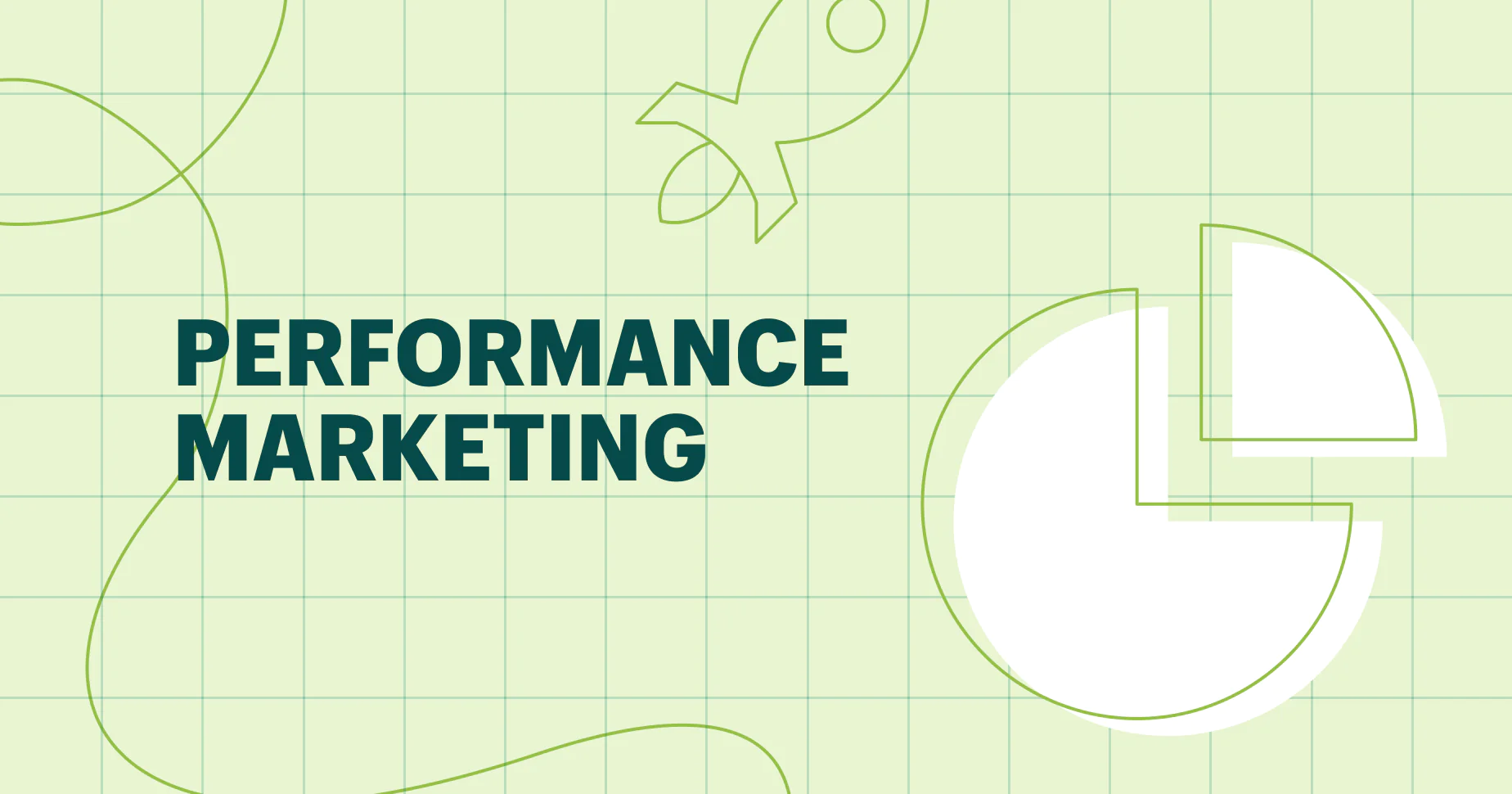
Navigating the Ethical Landscape of AI-Powered Marketing Technologies
Artificial Intelligence (AI) has completely revolutionized the way businesses approach marketing. The use of AI-powered marketing technologies has become increasingly common, as it allows companies to understand and target their audiences more effectively than ever before. However, as with any new technology, there are ethical considerations that must be addressed when using AI in marketing.
The ethical landscape of AI-powered marketing technologies is complex and rapidly evolving. It poses several challenges and risks that marketers must be aware of and be prepared to navigate.
One of the most pressing ethical issues surrounding AI-powered marketing technologies is privacy. With the ability to collect and analyze vast amounts of data, AI has the potential to infringe upon consumers’ privacy rights. Marketers must ensure that the data they collect is obtained and used legally and ethically and that consumers are aware of how their data is being used and have the option to opt out of data collection.
Another ethical concern is the potential for AI to perpetuate bias and discrimination. AI algorithms are only as good as the data they are trained on, and if that data is biased, the AI will produce biased results. This can lead to discriminatory marketing practices that unfairly target or exclude certain groups of people. Marketers must be vigilant in ensuring that their AI-powered marketing efforts are fair and do not perpetuate existing biases.

Transparency is also a key ethical consideration when it comes to AI in marketing. Consumers have a right to know when they are being targeted by AI-powered marketing technologies, and marketers must be transparent about the methods and data used to target consumers. Additionally, marketers should be transparent about how AI is being used to personalize and target marketing messages, and be upfront about any potential biases or limitations in the AI’s capabilities.
Furthermore, there is the issue of consent when it comes to AI-powered marketing. Marketers must ensure that they have obtained proper consent from consumers to use their data for marketing purposes, and that consumers have the option to opt-out of data collection and targeted marketing efforts. It is important for marketers to respect consumers’ autonomy and give them control over how their data is used.
In addition to these ethical considerations, there are also legal and regulatory issues that must be taken into account when using AI in marketing. Many countries have strict laws and regulations regarding data privacy and protection, and marketers must ensure that they are in compliance with these laws when using AI-powered marketing technologies. Failure to do so can result in legal consequences and damage to a company’s reputation.

So, how can businesses navigate the ethical landscape of AI-powered marketing technologies?
The first step is to have a clear understanding of the ethical implications and risks associated with AI in marketing. Marketers must be aware of the potential for privacy violations, bias and discrimination, and lack of transparency, and take steps to mitigate these risks in their marketing efforts. This includes implementing privacy protections, bias detection and correction systems, and transparency measures in their AI-powered marketing technologies.
Another important step is to prioritize ethical decision-making when using AI in marketing. This means taking a proactive approach to addressing ethical concerns and ensuring that the use of AI aligns with ethical principles. Marketers should consider the potential impacts of their AI-powered marketing efforts on consumers, the potential for bias and discrimination, and the importance of transparency and consent in their marketing practices.
Furthermore, businesses should invest in ethical AI training and education for their marketing teams. It is essential for marketers to have a strong understanding of the ethical implications of AI in marketing and be equipped with the tools and knowledge to navigate these ethical challenges. This includes training on data privacy and protection, bias detection and correction, transparency and consent in marketing, and legal and regulatory compliance.
In addition, businesses can also consider implementing ethical guidelines and standards for the use of AI in marketing. This can include establishing clear policies and procedures for data collection and use, implementing ethical AI principles and best practices, and conducting regular ethical audits and assessments of their AI-powered marketing technologies.
Finally, it is essential for businesses to engage with stakeholders, including consumers, privacy advocates, and regulatory authorities, to ensure that their AI-powered marketing efforts are conducted in an ethical and responsible manner. This includes seeking feedback and input on their marketing practices, being transparent about their use of AI in marketing, and addressing any concerns or issues that arise in a timely and responsible manner.

In conclusion, the ethical landscape of AI-powered marketing technologies presents a number of challenges and risks that businesses must be prepared to navigate. By prioritizing ethical decision-making, investing in ethical AI training and education, implementing ethical guidelines and standards, and engaging with stakeholders, businesses can ensure that their AI-powered marketing efforts are conducted in an ethical and responsible manner. This will not only help to build trust with consumers and protect their privacy and rights, but also ensure that businesses are in compliance with legal and regulatory requirements.







